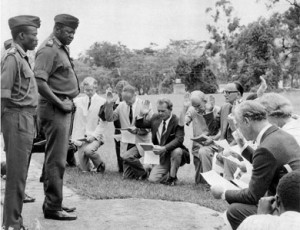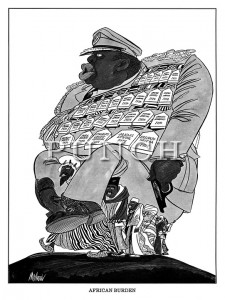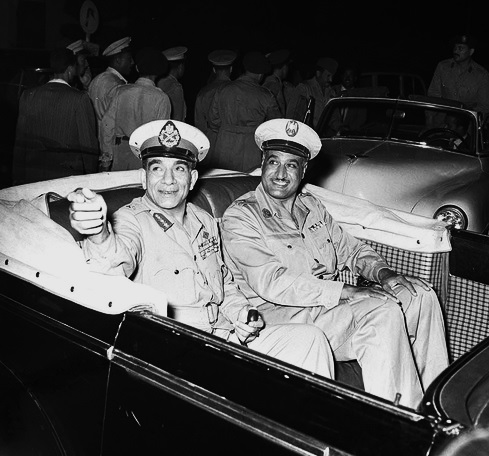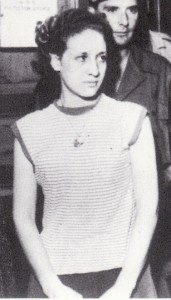
I was excited to get Mali as my country because I already knew couple facts about its rich history. Since the early colonial ear, Mali was the powerhouse among all kingdoms of Western Africa. The symbol for its influence was the Grande Mosque which was constructed in 1280 by King Konboro. As the 26th King of Djenne, the Islamic King helped Kingdom of Mali to reach its peak by incorporating infamous Islamic scholar and opening trade routes to the east. The Grande Mosque has the wooden spars that jut out from the walls not only form part of the structure, but also support the ladders and planks used during the annual repairs. This structure really mesmerized me when I first read about it in my history book.

Another reason why I had enjoyed learning more about Mali was I love its modern music. The artist name Mali Music has very nice tracks about his country and I got to learn more about the Mali music from researching. It was always rich in culture regarding music and dance.
Another thing I love about Mali is that every Monday, the wide open area in front of the mosque is transformed into the clamorous Monday Market, which has barely changed since the days when Saharan camel caravans brought salt across the sands to the gates of Djenné. Thousands of traders and customers come from miles around, and many of these itinerant traders follow the calendar of local market days in the region’s villages, their week culminating in Djenné.
Most arrive the night before, and by 06:00 on market day traders are already staking out the best sites It spills over into the surrounding streets, especially those to the west. It’s all the more atmospheric because it’s a local’s market, with little on sale for tourists, and stallholders are too busy hawking their wares to each other to worry about the intrusion of travelers. Put simply, this market experience is not to be missed.
Also, I remember hearing about a crisis in Africa on the news. I did not recognize which country until now. The news was actually about the coup that happened in Mali against President Toure. In March 2012, President Touré was overthrown in a coup by mutineering soldiers who said they were acting in response to the government’s response to the rebellion by the Tuaregs, nomadic insurgents of Berber and Arab descent who live in the north.. The soldiers looted the presidential palace, suspended the constitution, and implemented a curfew. The coup did not impede the rebels. In fact, days after the coup, the rebels seized the city of Timbuktu, and thus gained control over much of the northern part of the country. They declared a cease-fire on April 5. The next day, however, the rebels said they had seceded from Mali and formed an independent state, called Azawad. Although that was far as the news told me then. After doing some research the coup had ended with the threat of sanctions against them. Both side gave up their power and let a party that was not affilated with neither sides took up the presidential power.It was unfortunate to learned that a country with high cultural value and rich history was still struggling with political conflicts.
Another reason that I enjoyed learning about my country was because it has a respected soccer program that aims to produce talented soccer players. As a person that is very interested in soccer, I was surprised to find out how many players I was able to recognize from Mali’s 2014 national team roster. Players like Keita and Doumbia have made their names known by playing for famous french clubs such as Toulouse and Bastia. I also found out that they produce immense amount of talents that are often picked up by French and English clubs. But I also learned that Mali has a very close affiliation to France not just in terms of soccer but politics and economy. This is due to the close colonial relationship that shared for a long time.








